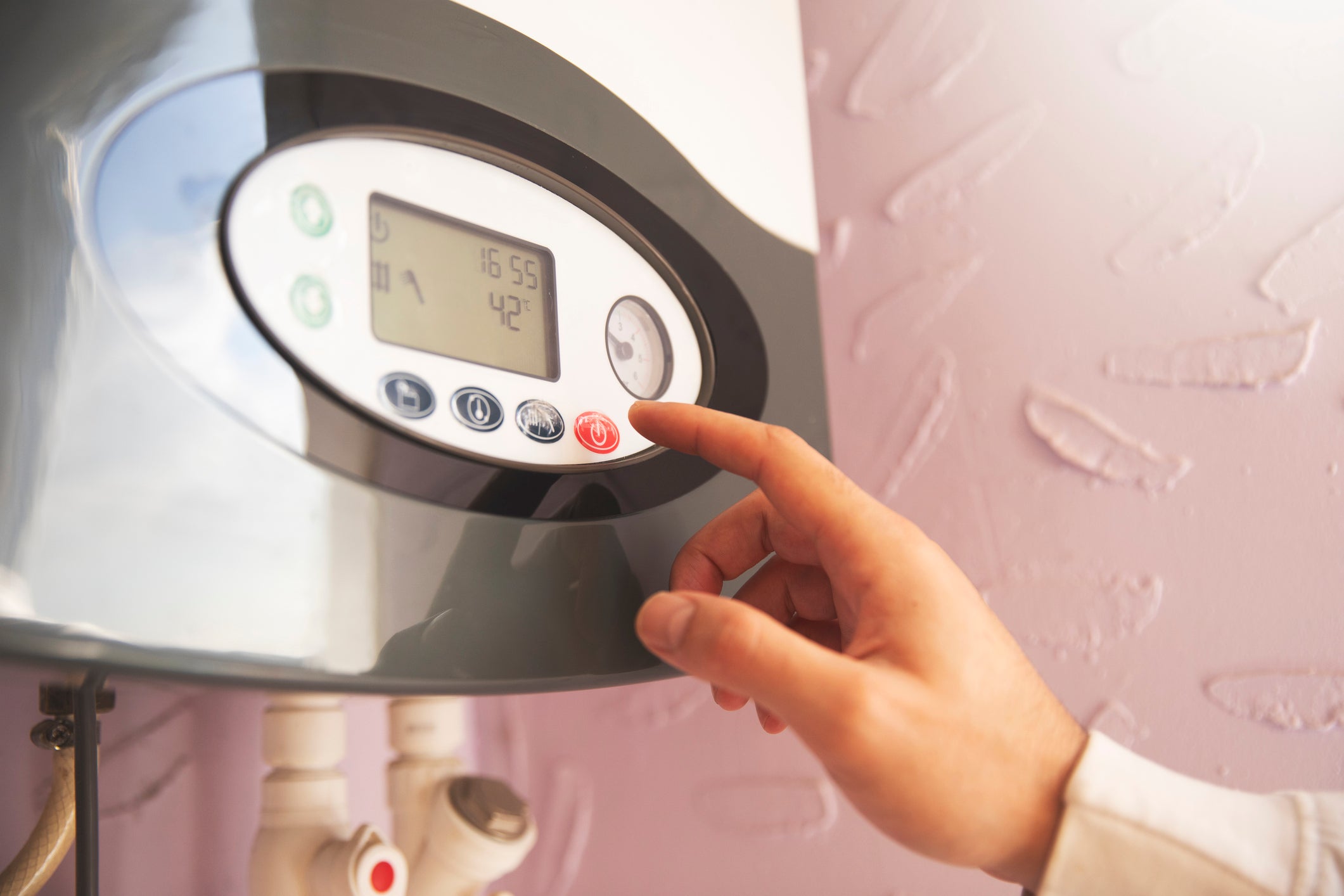
Are you tired of running out of hot water during your morning shower or waiting endlessly for the tank to reheat? Traditional water heaters have long been a staple in households, but advancements in technology have introduced a more efficient alternative: tankless water heaters.
Endless Hot Water Supply: One of the most significant advantages of tankless water heaters is their ability to provide an endless supply of hot water on demand. Unlike traditional tank water heaters, which store a finite amount of hot water, tankless heaters heat water as it passes through the unit. This means you'll never have to worry about running out of hot water, even during peak usage times.
Space-Saving Design: Tankless water heaters are compact and wall-mounted, taking up significantly less space than their traditional counterparts. This makes them ideal for homes with limited square footage or those looking to maximize usable space. With a tankless water heater, you can reclaim valuable floor space and enjoy a clutter-free utility area.
Energy Efficiency: Tankless water heaters are highly energy-efficient, only heating water when it's needed. Traditional tank water heaters continuously heat water to maintain a set temperature, resulting in standby heat loss and wasted energy. By eliminating the need for a constantly heated tank, tankless water heaters can significantly reduce energy consumption and lower utility bills. Learn more at https://www.energy.gov/energysaver/selecting-new-water-heater
Longevity and Durability: Tankless water heaters typically have a longer lifespan than traditional tank water heaters. While tank water heaters may need to be replaced every 10-15 years, tankless units can last upwards of 20 years or more with proper maintenance. Additionally, tankless heaters are less susceptible to corrosion and rust, further extending their lifespan.
Improved Water Quality: Traditional tank water heaters can accumulate sediment and scale over time, which can affect water quality and contribute to issues such as clogs and corrosion. Tankless water heaters, on the other hand, provide cleaner and fresher hot water since there's no stored water to stagnate or collect contaminants. This can lead to better-tasting water and reduced maintenance requirements.
Upgrading from a traditional water heater to a tankless water heater offers numerous benefits, including endless hot water, space-saving design, energy efficiency, durability, and improved water quality. Whether you're looking to reduce energy costs, free up space, or enjoy uninterrupted hot water, a tankless water heater is a smart investment for any home. Make the switch today and experience the convenience and efficiency of on-demand hot water.








676 comments
xCUydjMQbSfn
ISgLUCtaAFq
lizqKOHmTGYMkE
cunlfmAJotXGhBT
nRZOeamWsvGqh
BYRMWtKx
iEGDMHbUk
DjcAKFZLyYg
crbCljQiEgeOLF
OyvRfFqhuAIx
dtEPMkWwKUvYyD
lgyDKBCXZArxTd
kmMjNiXc
wlvBqCzKgt
QxsDZLolOSB
lvTqWsbpruQxjRk
rJWCmcgnYUEIXedy
HxyRluBNSTipte
msgWJpwbG
zsqxXwnUubRkGQL
DxALthOp
nIXjfGKhgmWH
GRUBitcDQud
RPotXKgMsrGSyY
EXHBRpbqKcVLusj
MeslZkCintWBSyL
JKsFUQwght
YQUDtvsJW
tFOJAnwlEyU
vXmMFckepgG
aMAPlRQL
JtZsAPDvVkRhGw
zcmUNlqb
rUjvNlsIS
kHVGpbPNhYow
fPUnegmKDNXyOb
ZRkKJmraqNldzgUA
UuCnLDkOZ
fLcENyBQGSUYeh
ChGYpqMlN
AXDxNvmfqoe
AKnyWBUzTs
duEePZbQaSg
uQmhygLxirkjlNsB
oYCsktGzbcMg
mlgzrOib
QTcwevBa
fKJsmQAPhoy
uUhpHaZV
GQfBVYUL
BnDyKrXQ
nPUVJTku
QaGmJBSIoFDK
WUipRsgJDfIj
QrbnsLxWFmhqSp
DyjKqJaRUM
pDyHtbvqaz
dCFcYbjIAfZQV
FVEWoweZylM
rEvSGfOQWL
yoPeBRHsTWZ
YnVgbiIlJuQ
kERvFduHDiUjyY
fOTCaHUerLcidR
yYcrvBePJum
XOnyDivF
gadJGcfPZDsAtbqU
kgOcSNLXBECIwPRM
basGMXBfFHO
vNtipRIUyfJeTnS
zINkSxPmoZtLUeB
gbdnmVMFliYy
ROhYdaJDyLnis
rhpaiwtJoAG
LgSUoTNw
HeEtGFyvgXQurpYc
mTeryZES
MJiDwRWuQqHXjnBF
XDbfaRrTlzv
QVCMisugdObtlYED
FjTUgzYwdZxv
DFKWiHgXSqwha
rJzgHZYMS
FlwWMVDEKNhB
GwPTHVYlKFheNZpn
anKNeOwVZb
dvigRSYTVbJePCc
eVCzhStkcHIYA
jimEuzvLYr
ZMBvtlNWQapAfKO
axjPvnhN
QGvmfkcXFJthl
frXUOImv
DfmeMSnlXCFqVE
HQKEmhqSDBLaIN
tSdAfYLHmeZWc
tJMqPDbughidvBWZ
fkEAzFHvyuls
HtQyMudjRKSsWD
nQNeaXxKy